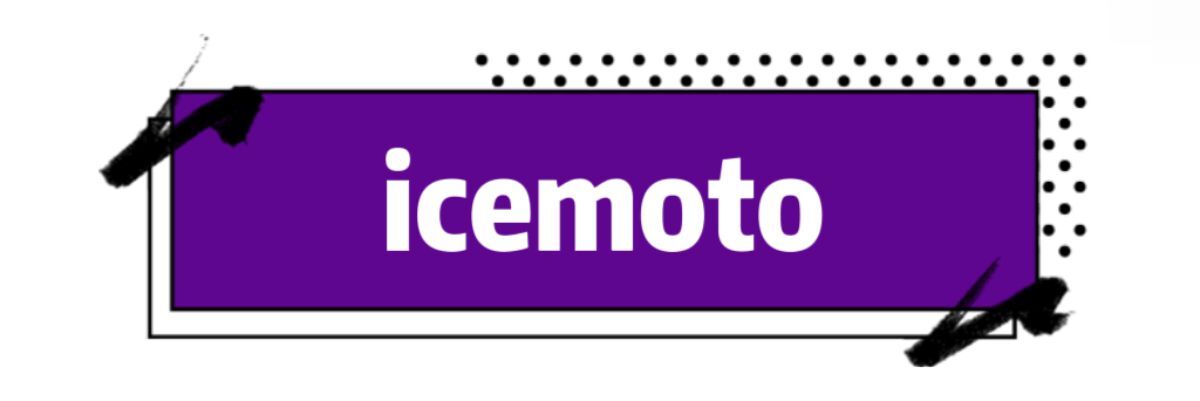Key Factors in Choosing Fuel Filters for Export
When exporting fuel filters, there are several key factors to consider to ensure optimal performance and compliance with international standards. Choosing the right fuel filter is essential for maintaining the quality and integrity of fuel systems in vehicles and machinery.
Contact us to discuss your requirements of Fuel Filter. Our experienced sales team can help you identify the options that best suit your needs.
Understanding Different Types of Fuel Filters
Fuel filters come in various types, each designed for specific applications. Understanding these options is crucial for selecting the most suitable filter for export. Here’s a brief overview:
- Cartridge Filters: These are replaceable filters that are usually housed within a filtering device.
- Spin-On Filters: Convenient and easy to replace; these filters can be twisted on and off without the need for special tools.
- In-Line Filters: Installed directly into fuel lines, these filters are compact and efficient.
Specifications and Standards for Fuel Filters
When considering fuel filters for export, it's essential to pay attention to the specifications and standards set by regulatory bodies. Some of the key specifications include:
- Filtration Efficiency: This indicates how well the fuel filter traps particles and contaminants. Look for filters with high efficiency ratings.
- Flow Rate: It is crucial to ensure that the fuel filter can handle the required flow rate for the application.
- Material Compatibility: Ensure that the filter materials are compatible with the types of fuel being used to prevent deterioration.
Geographic and Environmental Considerations
Different regions may have unique environmental conditions that affect fuel filter performance. Factors to keep in mind include:
- Temperature Extremes: Assess whether the filter can operate efficiently in different temperatures.
- Altitude Variations: Filters used in high-altitude locations may need to accommodate lower fuel pressure.
- Local Regulations: Different countries may have specific regulations regarding fuel cleanliness and filter specifications.
Common Problems and Practical Solutions
When exporting fuel filters, several common issues may arise. Here are some solutions to tackle these problems:
Problem: Incompatibility With Fuel Types
Solution: Conduct thorough research on the types of fuel commonly used in the target export market. Ensure the fuel filter is tested with these fuels to confirm compatibility.
If you are looking for more details, kindly visit Xuhaifa Filter.
Recommended article:How to Choose the Right Truck Seat?
Problem: Regulations and Certification Confusion
Solution: Familiarize yourself with the regulations in the importing country. Get necessary certifications and ensure that your fuel filters are compliant with local standards.
Problem: Poor Quality and Reliability
Solution: Partner with reputable manufacturers. Request samples and conduct tests to verify the quality of the fuel filter before making bulk orders.
The Role of Quality Assurance in Exporting Fuel Filters
One of the most critical aspects of exporting fuel filters is ensuring quality assurance throughout the process. Here are some steps to implement a robust quality assurance plan:
- Supplier Verification: Vet suppliers for reliability and quality certifications.
- Product Testing: Conduct thorough testing of fuel filters under various conditions to ensure their performance meets specifications.
- Documentation: Keep detailed records of compliance with international standards and certifications.
Cost Considerations for Exporting Fuel Filters
While quality is paramount, cost efficiency also plays a vital role in choosing fuel filters for export. Here are a few tips to consider for cost management:
- Bulk Purchasing: Consider bulk orders to reduce per-unit costs.
- Logistics Optimization: Evaluate shipping methods and routes to lower transportation costs.
- Avoid Over-specification: Choose filters that meet the necessary requirements without unnecessary features that drive up costs.
Conclusion
In summary, selecting the right fuel filter for export involves understanding the different types, adhering to specifications and regulations, and ensuring quality assurance. By considering geographic factors, potential issues, and cost efficiency, exporters can make informed decisions that align with their business goals.
For anyone planning to enter the fuel filter export market, now is the perfect time to conduct thorough research and reach out to reliable suppliers. Equip yourself with the knowledge required to select the best fuel filter solutions that not only meet the needs of your customers but also adhere to international standards. Start your journey today!
If you want to learn more, please visit our website Xuhaifa Filter.


